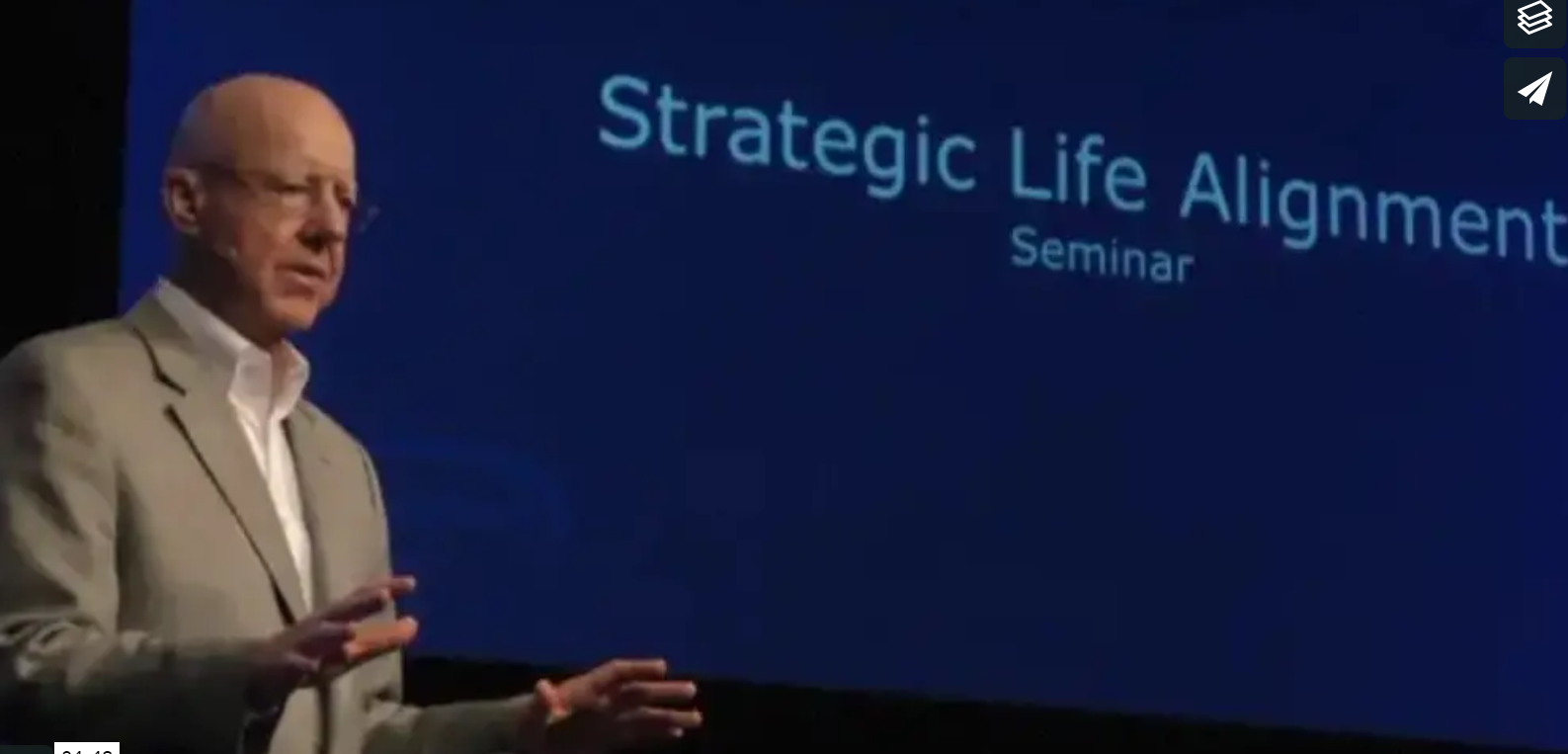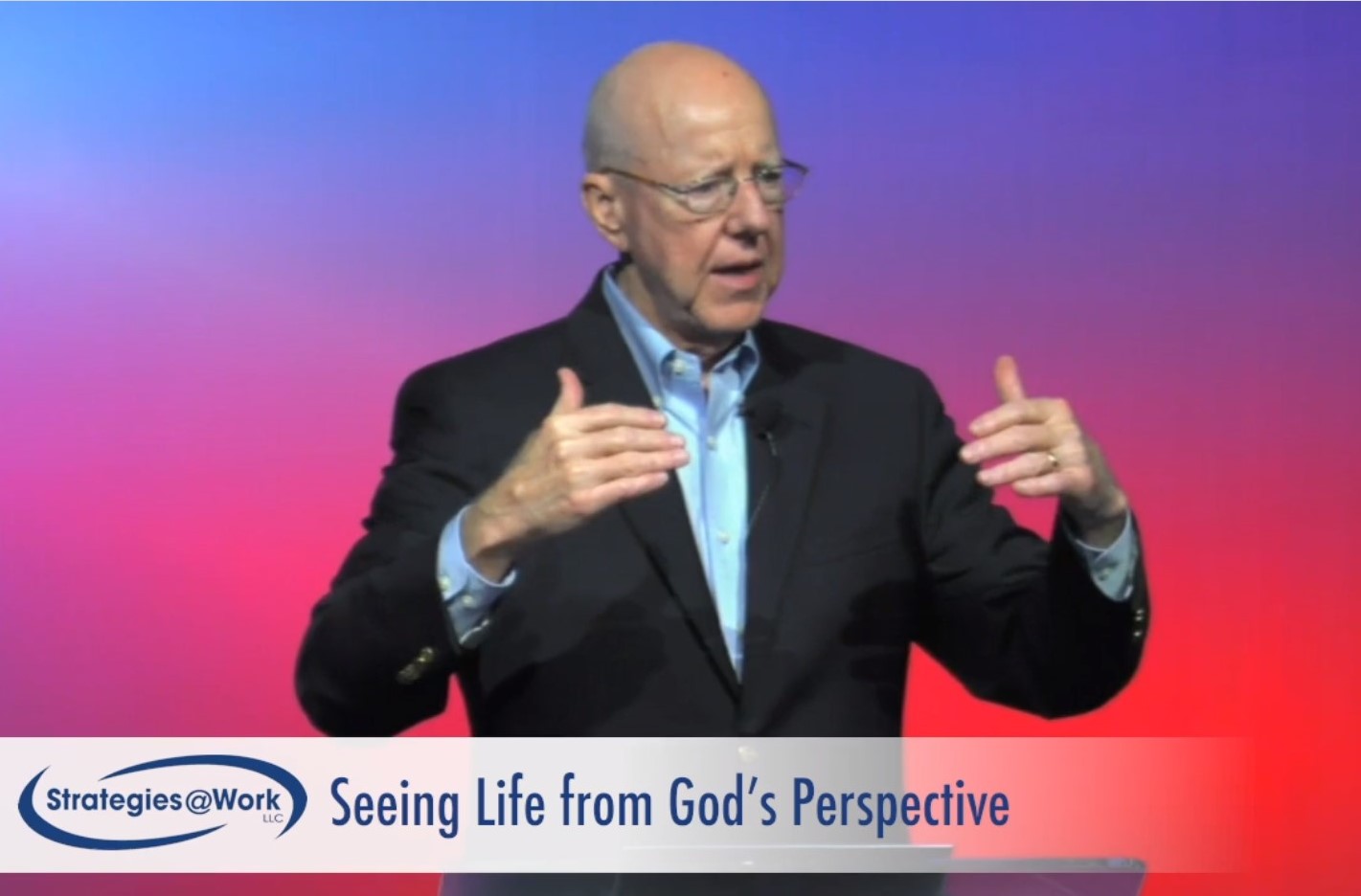 |
||||||
November 1, 2019 |
||||||
Gleanings |
||||||
Special Grace |
||||||
by Gerald R. Chester, Ph.D. |
||||||
The above extract highlights a potentially foreboding reality in the USA. The cost of law enforcement is dramatically increasing. In some cases, the increased spending on policing reduced crime, but in other cases it did not. Why not? The article concludes with a clue:
In a fallen world mankind is by nature lawless, but that doesn’t mean mankind is utterly depraved—as bad as possible. If mankind were utterly depraved, Adam and Even would not have survived the fall—they would have killed each other. Mercifully, God extends common grace to enable fallen mankind to rise above utter depravity, but common grace does not empower mankind to be righteous enough to be acceptable with God. The Old Testament children of Israel illustrated this reality. The divine gift of common grace is the difference between utter depravity (being as bad as one could be) and total depravity (being unable to meet God’s standard of righteousness). Common grace is divine empowerment that enables mankind to obey some of God’s rudimentary principles. For example, God graciously grants mankind common grace to work and speak wisely. Consider the following:
Hunger is a gift from God to compel people to work so they can eat and therefore live. And even fools have some ability to keep quiet at times, which can appear wise. This is the gift of common grace, but common grace is limited. Note the following:
Though all mankind, including fools (ignorant people), have some limited ability to obey God, in the end they will fail.3 Their ability to exercise common grace will break down, which is why horrific events such as mass shootings happen. But common grace can never empower mankind to completely overcome their fallen nature and gain right standing with God. This requires the special grace of Jesus. Special grace is the empowerment from the Holy Spirit to enable more than rudimentary alignment with the will and ways of God. Special grace is salvific; special grace grants right standing with God—something that mankind could never attain any other way.4 Special grace is essential for anyone to govern well in all jurisdictions —self-governance, family governance, church (ekklesia5) governance, organizational governance, and community governance.6 Special grace comes from the Holy Spirit (the indwelling agent of divine empowerment) who first regenerates and enables people to express faith in Jesus, and then facilitates their obedience to Jesus. This is a level of empowerment beyond common grace that will enable a person to live increasingly aligned with the will and ways of God. This is grace that can asymptotically7 overcome total depravity—something that common grace could never do—and enable people to mature in Christ. As people mature, their ability to fulfill the Creation Mandate8 increases and, consequently, their life and work increasingly reflect the excellence of Christ who became known as “the carpenter.”9 In the context of organizations, special grace is essential to facilitate excellence through the delivery of the right value proposition to the right people in the right way at the right time in the right place for the right reason. To do this requires organizations to be composed of people who are being sanctified, that is, growing in their ability to align with the will and ways of God. The fruit of this alignment will be products and services delivered on time, on scope, and on budget. Organizations composed of people who only operate in common grace can never deliver excellent value propositions because their workers have a limited ability to obey God. Only workers with special grace can achieve and consistently deliver excellence. During this time of history between the advents of Jesus while he is building his church, his people are empowered by the Holy Spirit that gives them the capacity to do his will according to his ways, if they mature. In every jurisdiction excellence (not complete perfection) is achievable because Jesus empowers his people to be salt and light for his glory. The major question today for the people of God is whether they value work as Jesus did. The primary mandate of most professing Christians seems to be the “Great Commission.”10 This mandate is a charge to make disciples of all ethnic groups and is better described as the Discipleship Mandate; however, it is commonly misconstrued as a mandate for world evangelism. Evangelism is generally associated with making a profession of faith in Jesus, but that is only the first step toward discipleship. According to Scripture, people who make a profession of faith in Christ are true disciples only if they live as followers of Jesus—totally committed to growing in their alignment with the will and ways of God.11 True disciples of Jesus will discover their callings in the context of the Creation Mandate and metanarrative. This means that true disciples will value work callings. The true Great Commission is the Creation Mandate—the original mandate given to mankind at creation and before the fall of man. After the fall, the Creation Mandate was still in effect, but humanity was impaired by sin and, therefore, could not fulfill the Creation Mandate well. One of the major themes of the Old Testament is that mankind’s potency to obey the Creation Mandate is not efficacious. This means that for mankind to obey the Creation Mandate well requires divine potency within mankind. The work of Jesus on the cross and in the New Testament era provides the special grace of God and his empowering potency to enable mankind to obey the Creation Mandate at a level never before seen in history. The realization of the work of the disciples of Jesus to serve as God’s ruling agents on earth is continuing to unfold historically. Consequently, the focus of Christians should be to grow in the ability to rule God’s creation with such excellence that those who do not know Jesus would see him through their work. This can only be accomplished by the empowering presence of the Holy Spirit at work in true disciples of Jesus—those who have received the special grace of God—that makes them salt and light in the world.12 Given this truth, what is the root issue that policing is not addressing? Sin in the hearts of mankind. Policing generally only addresses symptoms. Therefore, when a society’s common grace is withdrawn by God, lawlessness increases. With it the cost of policing increases, but if the policing only addresses the symptoms, policing will not be efficacious. The only solution is people who have the special grace of Christ to live self-governed under God. Such people will be both law abiding citizens and outstanding workers. _____________________________________________________1. https://www.usnews.com/news/national-news/articles/2017-07-07/cities-spend-more-and-more-on-police-is-it-working. 2. Ibid. 3. Romans 3:23. 4. 2 Corinthians 5:21. 5. The Greek word commonly translated ‘church’ in the New Testament. 6. Galatians 2:20. 7. This means in sanctification sin is increasingly overcome in this life, but sin is never fully overcome. 8. Genesis 1:26–28. 9. Mark 6:3. 10. Matthew 28:18–20. 11. Matthew 7:21–27. 12. Matthew 5:13–16. |
||||||
| Quick links | ||||||
Teaching: Special Grace in the Formation of the Church |
||||||
| Upcoming Training | ||||||
Online training (Winter/Spring 2020) |
||||||
Seminar: Strategic Life Alignment (Winter/Spring 2020) |
||||||
| Recent Trainings | ||||||
| Social Media | ||||||
| Gleanings | ||||||
| Other | ||||||
|
||||||








.png)